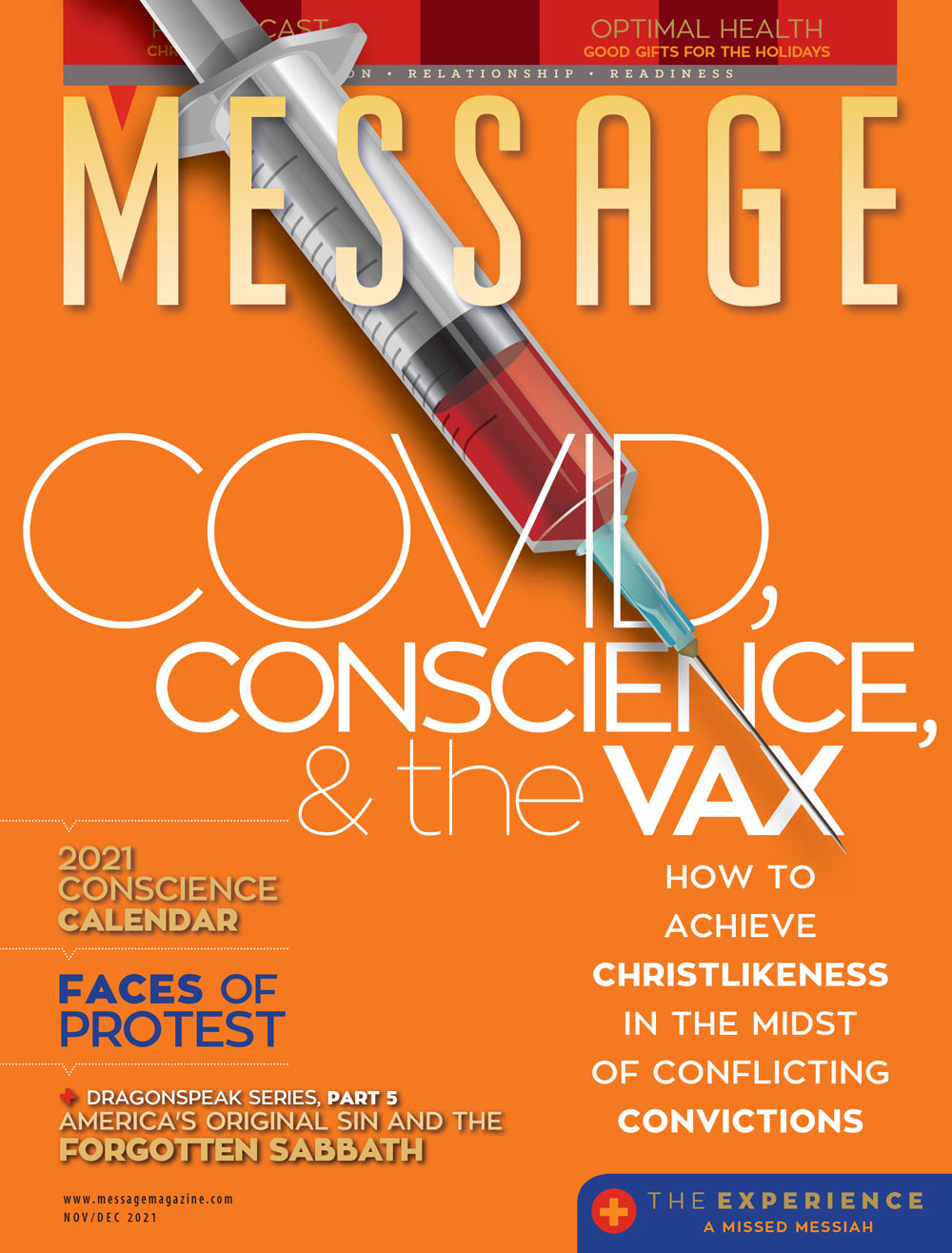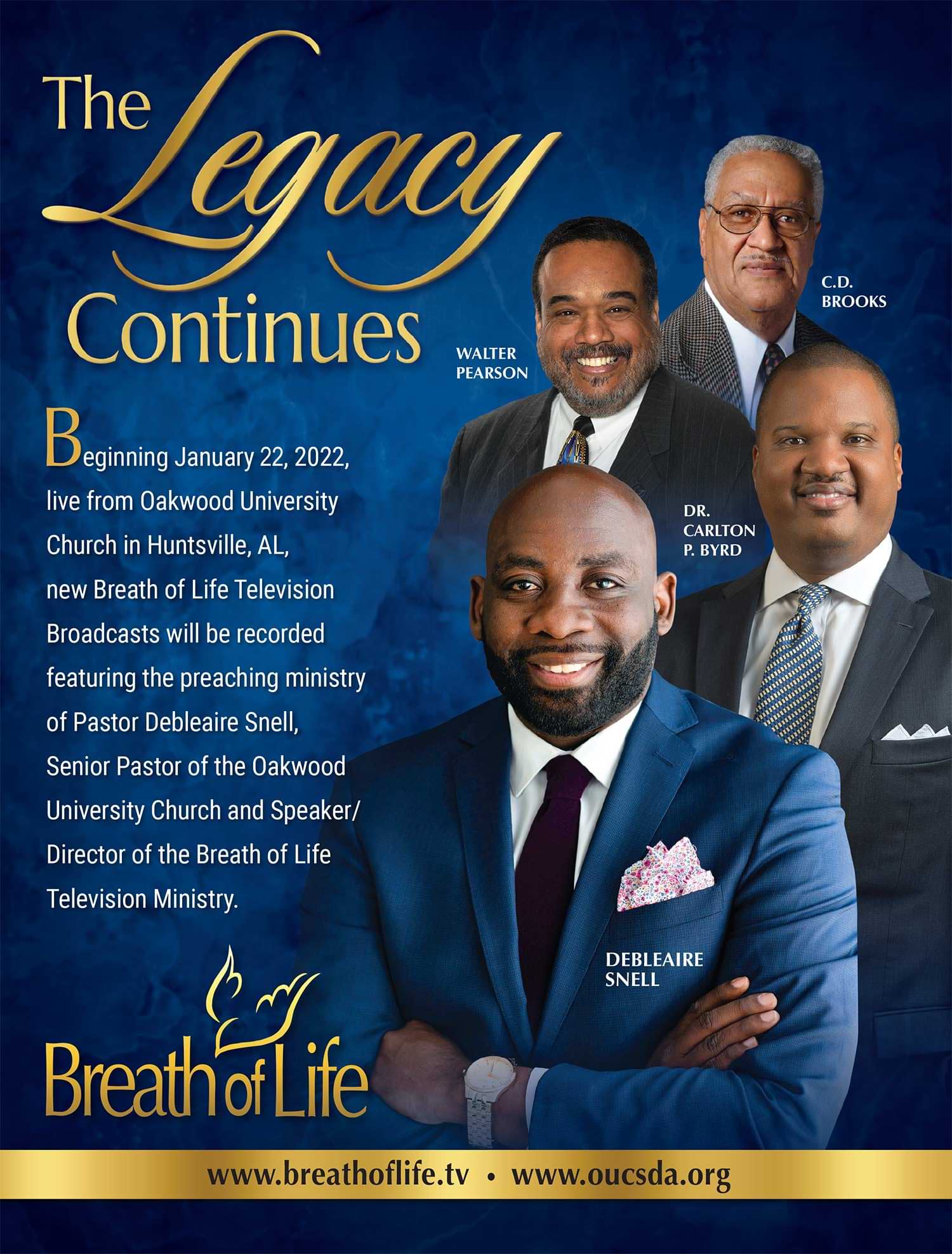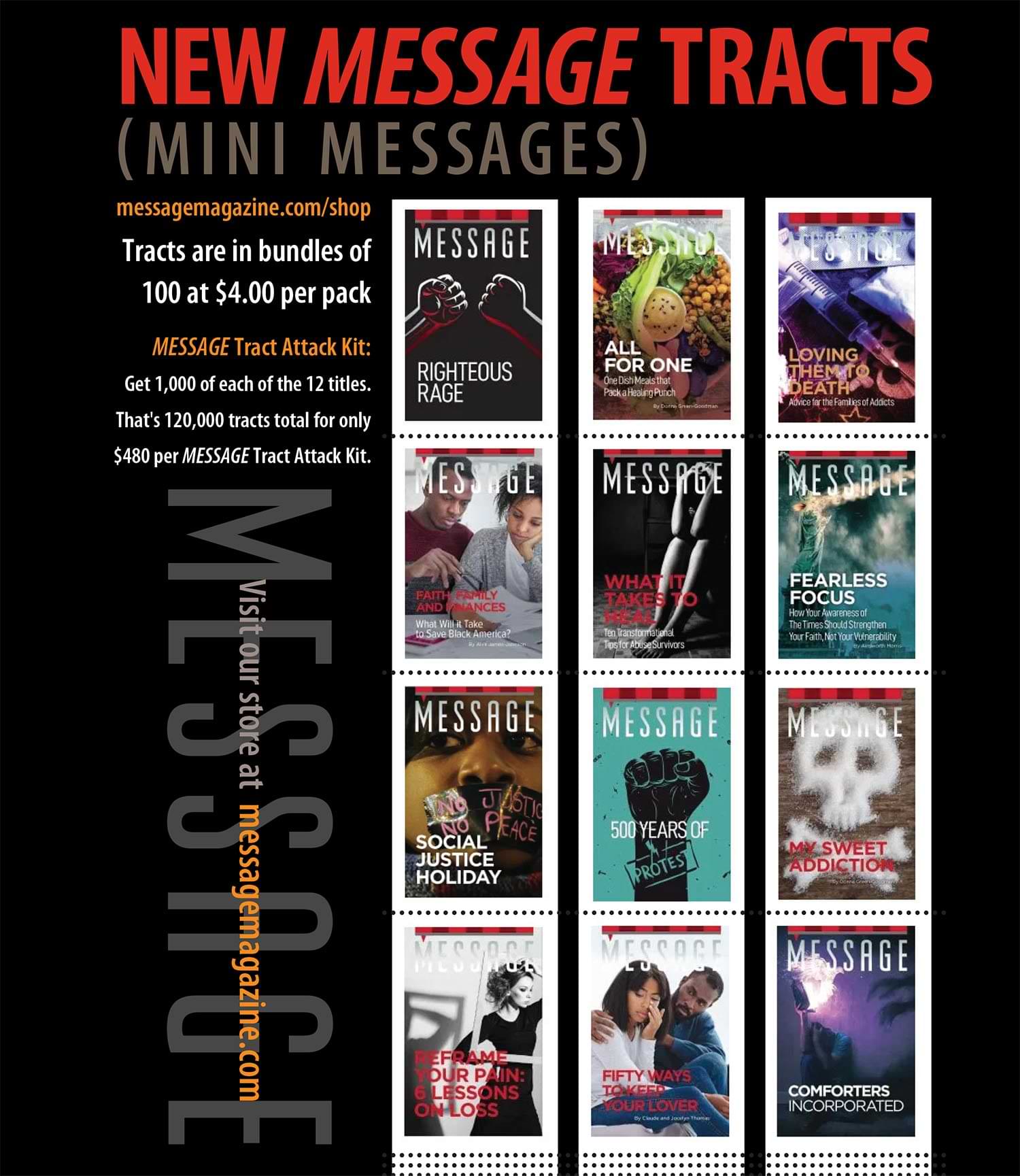
Sometimes we give mental assent to the truth but neglect to act it out in our lives or let it regulate our behavior. We neglect to let it help us generously love and care about each other as members of the family of God and residents on Planet Earth. Also, we neglect to let it regulate our actions and interactions, recognizing that Christians are imitators of Christ and that we are here to develop characters in preparation for eternity. We cannot afford to neglect preparation for winter. We cannot afford to live like those who take no thought for the future, who are unmindful of the seriousness of life that is given to us by our Creator. That is why Paul admonishes us, “Besides this you know what hour it is, how it is full time now for you to wake from sleep. For salvation is nearer to us now that when we first believed” (Romans 13: 11).
—Message, November December 2002, “Of Ants Squirrels, and Us” by Bertram Melbourne, Ph.D.
Dr. Christopher Thompson
Dr. Christopher Thompson has delivered a book that will impact how you think about your life and the decisions you make despite circumstances. He states: “You are the sum total of all your choices, experiences, and the favor of God that is on your life.” Dr. Thompson shares lessons from the story of Joseph and other influencers on how we can be our best even after the worst situations. He is about dreaming of new starts. I recommend anyone striving to be a leader or a better version of themselves to read this book today! Find this online: Amazon, eBay, or Barnes & Noble.

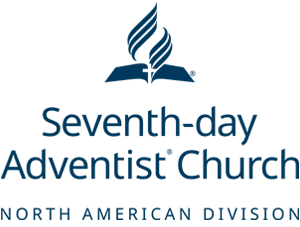
Pacific Press Publishing Assoc.,
Virginia Ramsey 1-800-456-3991
Advertising
Samuel Archer
[email protected]
Marvin Brown
G. Alexander Bryant
Carlton Byrd
Virgil Childs
Byron Dulan
Alva James-Johnson
Abraham Jules
Kenneth Manders
Michael Owusu
Peter Palmer
William Winston
© 2018 by the North American Division of Seventh-day Adventists, 9705 Patuxent Woods Drive, Columbia, Maryland, 21046, U.S.A. Address editorial correspondence to MESSAGE MAGAZINE, 9705 Patuxent Woods Drive, Columbia, MD 21046-1565 U.S.A. All subscriptions are prepaid. If you did not order MESSAGE, it is being sent as a gift from a friend. You will not be billed. To subscribe, mail payment to MESSAGE, 1350 North Kings Road Nampa, ID 83687, U.S.A. or call 1-800-456-3991. Subscription price: one year, $19.95 U.S. currency; single copy, $4.00; overseas, add $10.00 per year for postage. Prices subject to change without notice. Periodicals Postage paid at Nampa, Idaho and additional offices. Vol. 87 No. 5 Sep/Oct 2021. POSTMASTER: Send address changes to MESSAGE, 1350 North Kings Road Nampa, ID 83687, U.S.A. Printed in the U.S.A.
Unless otherwise noted, Bible texts in this issue are from the New King James Version. Copyright © 1979, 1980, 1982 by Thomas Nelson, Inc. Used by permission. All rights reserved. Statements in this issue attributed by an author to other speakers/writers are included for the value of the individual statements only. No endorsement of those speakers’/writers’ other works or statements is intended or implied.

Three Time-Worn Relational Dynamics That Need to Change
xoneration of Kyle Rittenhouse for the August 2020 killings of John Rosenblum and Anthony Huber, and serious wounding of Gaige Grosskreutz, repulsed our sense of justice. Their tragic conflict occurred in the midst of a Kenosha, Wisconsin protest challenging the police shooting of an unarmed black man. Yet, the deadly meeting of these four evaded neat examination in the social justice reckoning around policing, criminal justice, privilege, and power. Convictions and sentencing, on the other hand, of father and son defendants Gregory and Travis McMichaels, and their neighbor William Bryan, for tracking, cornering, and murdering Ahmaud Arbery in Brunswick, Georgia, and filming it all, gave us hope.
Both outcomes obviously failed in their ability to return precious sons and loved ones to their friends and family. Moreover, whether the “rule” imparted regarding self-defense is clear, or whether any instructive deterrent resulted from these verdicts, remains to be seen. We’re left with a critical opportunity for conversation regarding the values that underpin the relational dynamics of privilege.
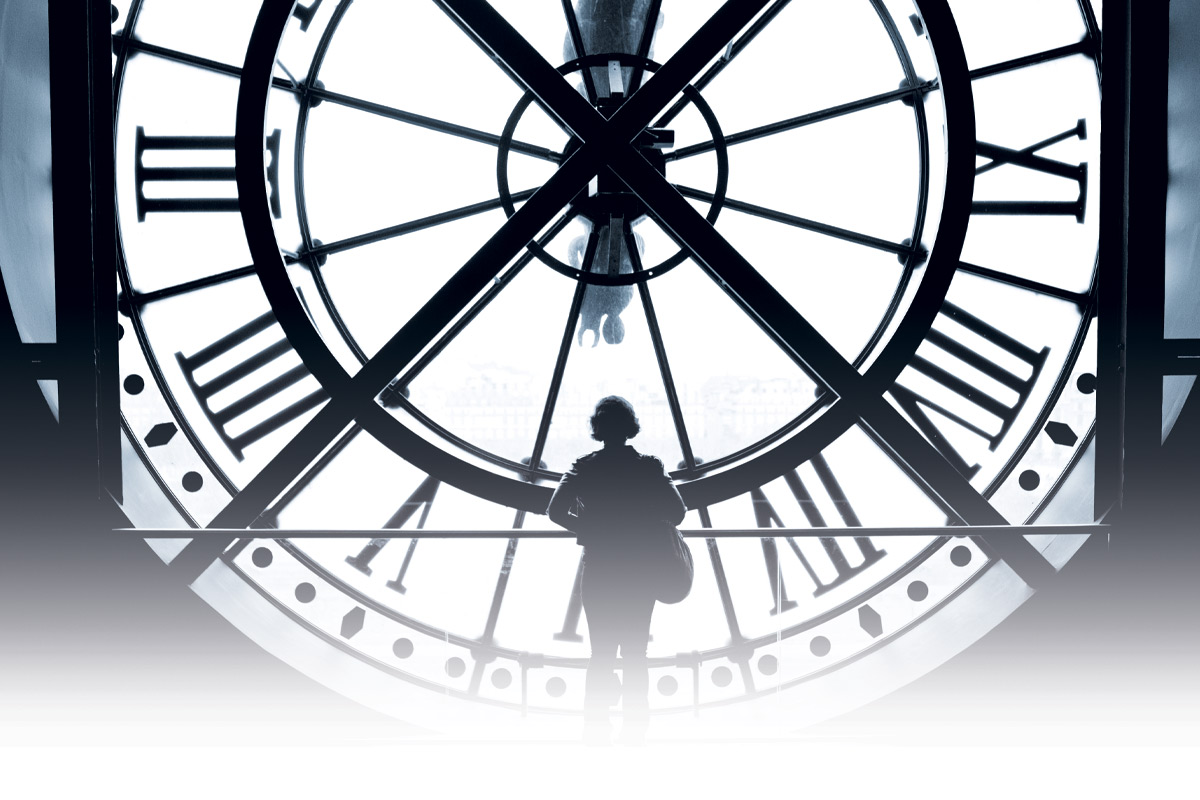
Adventist HealthCare leaders unveil scholarships and portrait
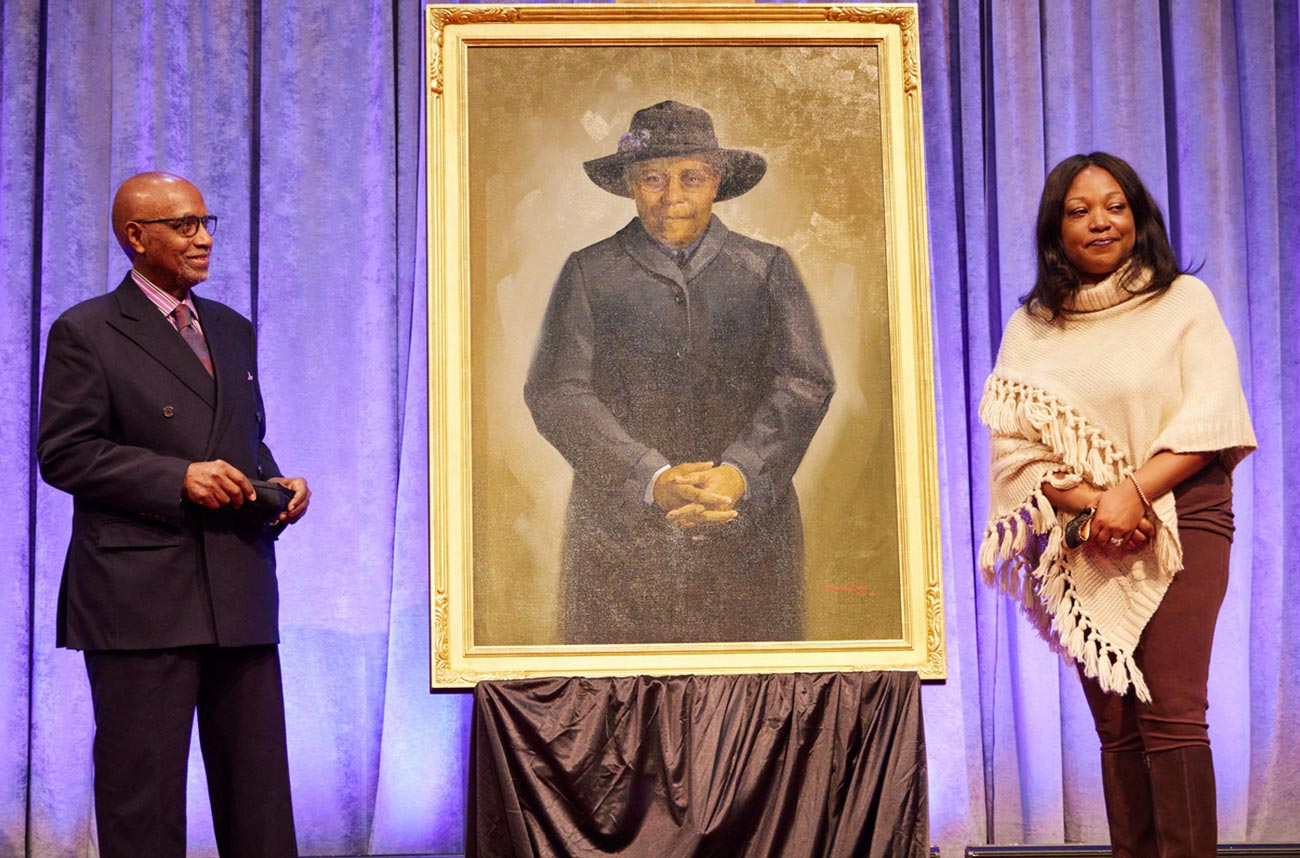
ecember 10, 2021 was a momentous day for the Seventh-day Adventist Church, Adventist HealthCare (AHC) and distinguished Historically Black Colleges and Universities (HBCU), as the life and legacy of Lucille “Lucy” Byard was both recognized and honored. Lucy Byard was a black Seventh-day Adventist member who was turned away by the Washington Sanitarium in 1943 because of the color of her skin. At the December event Adventist HealthCare leaders unveiled a commissioned portrait of Byard, as well as a series of significant scholarships in her name that will benefit nursing students at each of three universities.
Lucy Byard was a devout Adventist woman who by 1943 had developed liver cancer together with cachexia, known also as “wasting disease.” Wishing to be treated in an Adventist hospital, Byard traveled with her husband James from her home in Long Island to Washington Sanitarium in Takoma Park, Maryland—the first of the hospitals that now make up the Adventist HealthCare system.
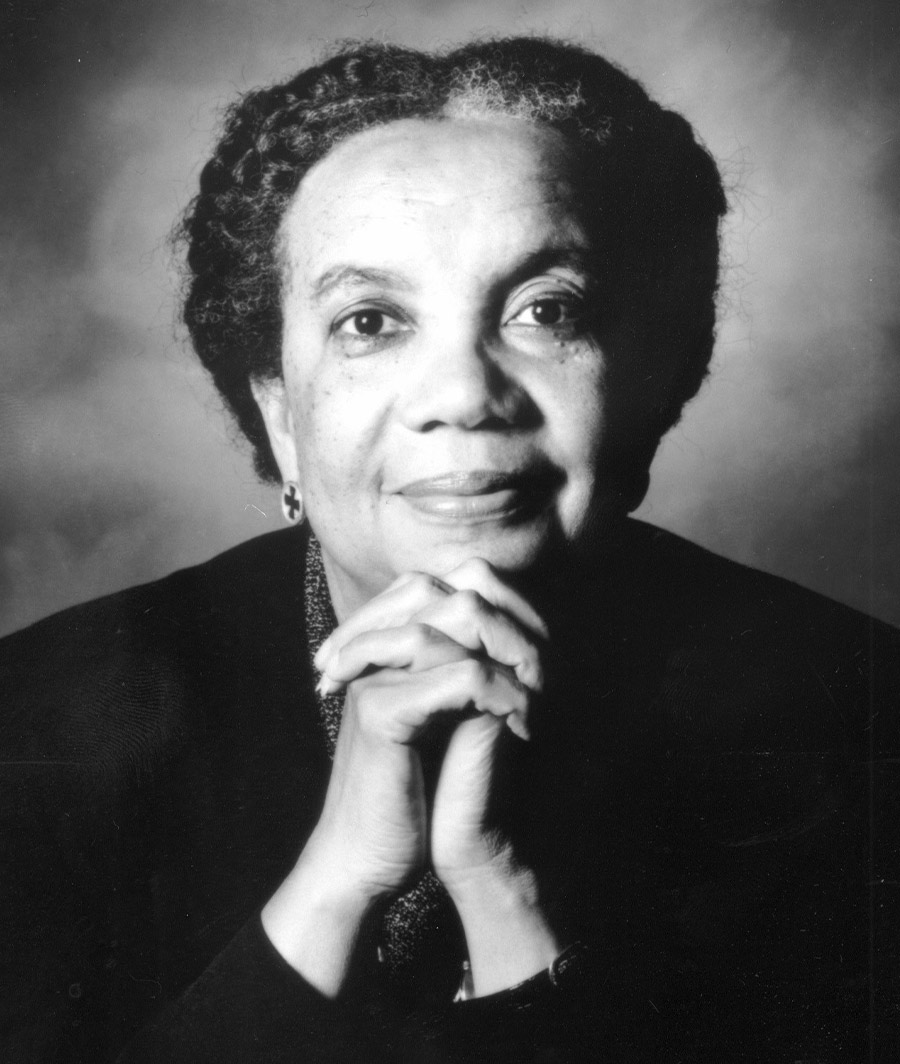
arian Wright Edelman was born the youngest of five children on June 6, 1939 in Bennettsville, South Carolina. Her parents, Maggie and Arthur emphasized education, a strong work ethic, and service to others. They used to tell her, “If you see a need, don’t ask why somebody doesn’t do it. See what you can do.” Her dad, a Baptist minister, declared, “God runs a full employment economy… if you just follow the need, you will never lack for something to do or a real purpose in life.”1
Her parents practiced what they preached by starting Wright Home for the Aged, which meant more chores for everyone. Marian, of course, didn’t enjoy chores as a child. Since her dad would give her a break from chores when she was reading, she read a lot. Sadly, Marian’s dad died from a heart attack when she was only 14. His last words to her were, “Don’t let anything get between you and your education.”2
ver the last several years, the social justice movement has received unexpected attention as the inequities in this country surfaced and racism reared its ugly head. Social justice primarily most often refers to “justice in terms of the distribution of wealth, opportunities, and privileges within a society” (Oxford Dictionary). However, “Food Justice” can make a huge difference in health outcomes in our communities.
When I think of food justice, I think of children who live in food deserts, like I did as a child. My mom walked uptown or drove over highways to get healthy food for us. The only store on our street in the projects was one like stores attached to gas stations today, but she did a great job of finding healthy options. And when we moved South, my daddy began to garden for our family.
et’s face it; most of us aren’t comfortable talking about intimacy. It makes us cringe when brought up in religious circles. We largely associate it with the physical act of sex and therefore deem it inappropriate to discuss unless it’s a private conversation between consenting married adults. And we dare not bring up the subject in church! But what if we told you that intimacy is God’s idea, and that He invented it as a way to have a deep and meaningful relationship with us?
Jeremiah 1:5 says, “Before I formed you in the womb I knew you…” The Hebrew word for knew here is the word yada and has an intimate connotation. Jeremiah uses that word to describe how God feels about him. It signifies a deep and innermost understanding that transcends the shallow knowledge of an acquaintance or even the semi-deep knowledge of a friend. In fact, yada is the same word used in Genesis 4:1 that says, “Now Adam knew (yada) Eve his wife, and she conceived and bore Cain…”
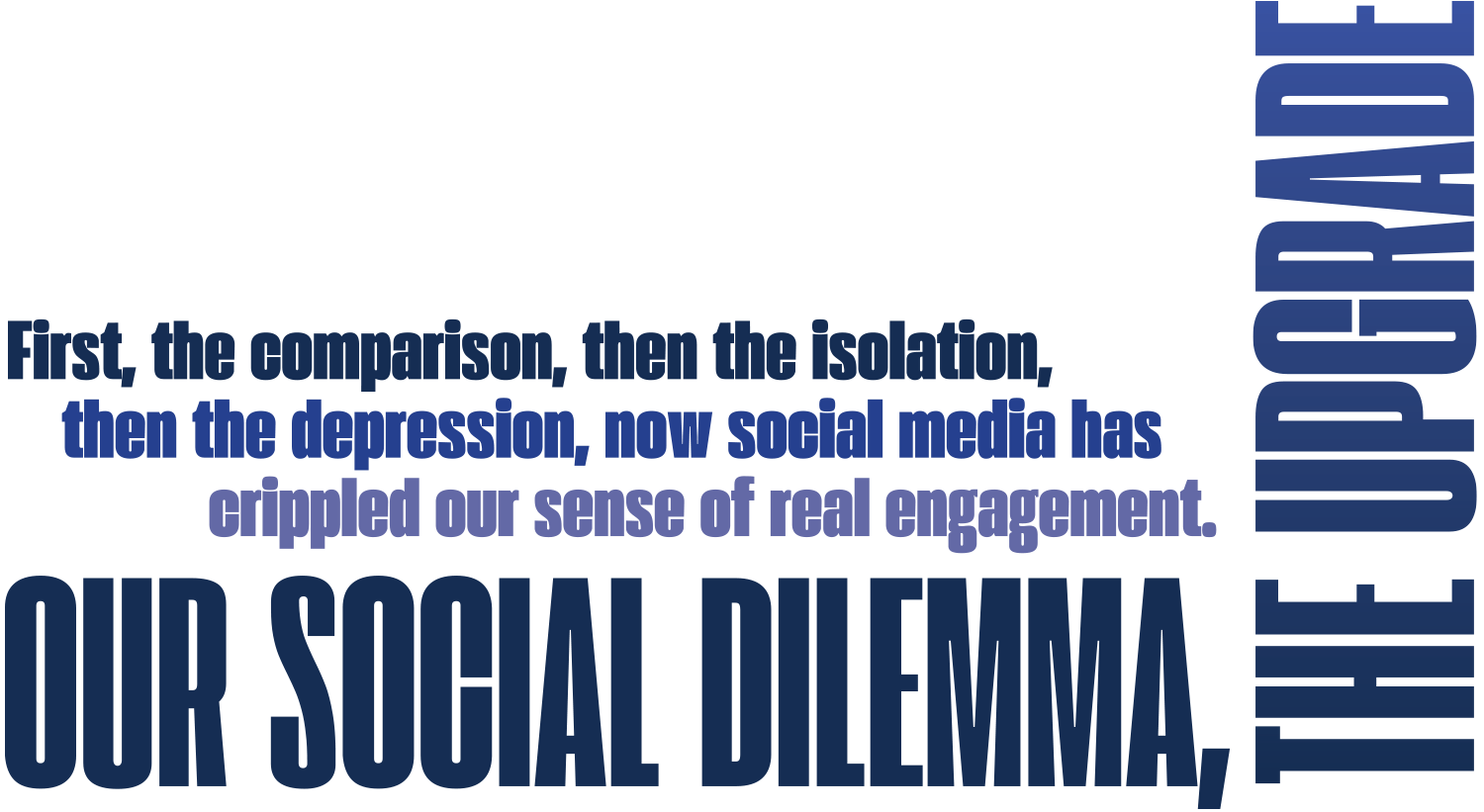

Please don’t misunderstand me. Social media has done a lot of good. It doesn’t just provide a needed distraction from the stressful world in which we live, it can also help us communicate and even connect with each other in a way that was previously impossible. Despite what some naysayers may lead you to believe, social media isn’t all bad! As more than 3 billion people get online every day, social media has provided entertainment, helped us communicate and connect, and even provided a platform for protest and revolution to those who needed it. To some it has provided a source of income. It’s helped start relationships. We even have church on Facebook when we couldn’t meet in our sanctuaries! We’ve lived the benefits of social media.
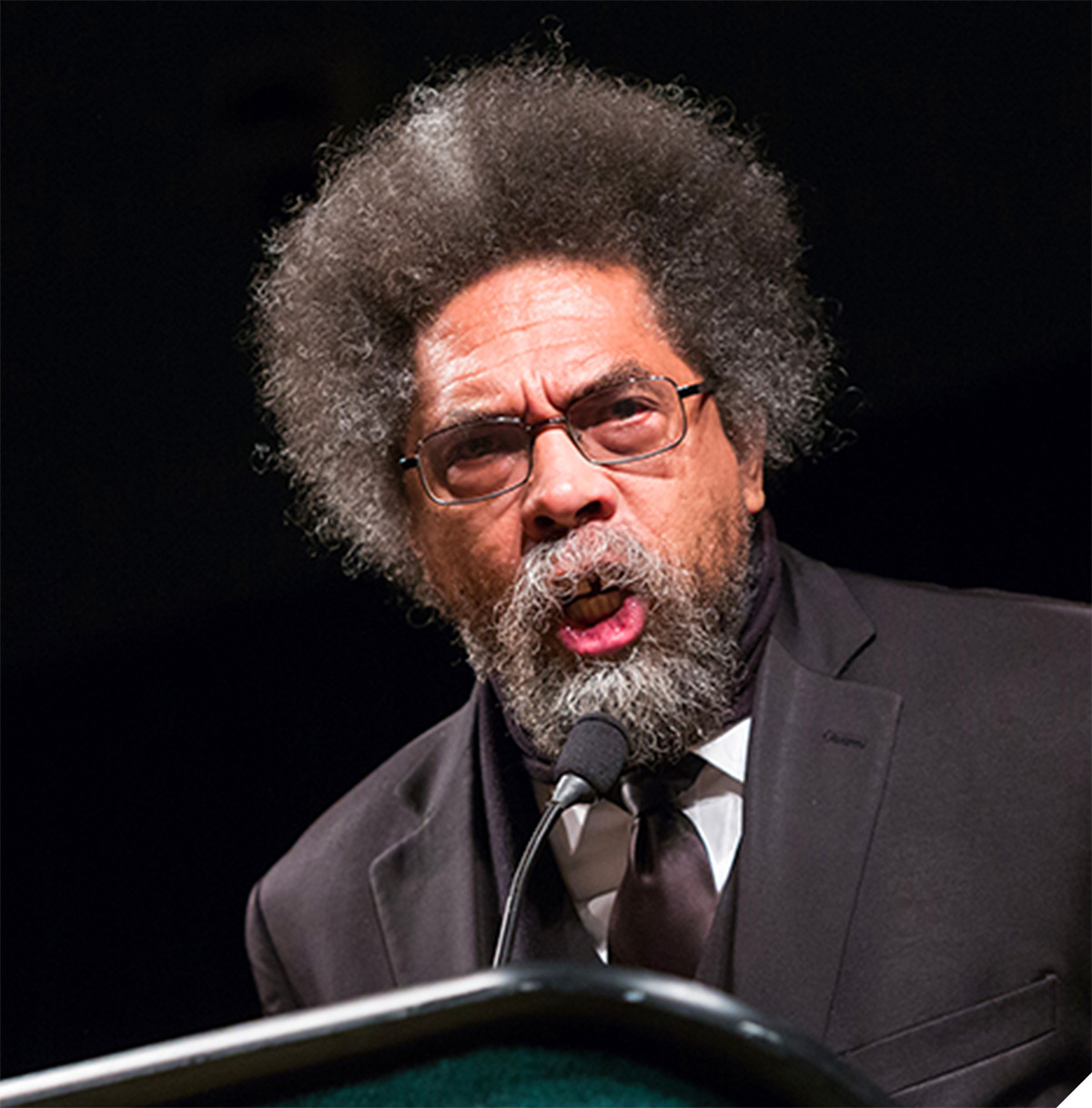

Real-Time School of Love and Justice


An acclaimed American intellectual, philosopher, author, speaker, Ivy League graduate, and professor, West’s perspective has saturated the social justice lexicon. From his seminal 1993 Race Matters to his 2014 Black Prophetic Fire, the books in between, spoken word albums, and even acting—in the futuristic, dystopian, “The Matrix” enterprise—one can always recognize his voice. While “Councilor West” didn’t appear in the latest Matrix, his new Masterclass, launched last November, covers philosophy, compassion, and what it means to be human.



Patterson is in the business of redeeming the time and people who need redeeming. His own story of redemption, however, began when he was accidentally released from prison where he could have possibly served a 28-year sentence for armed robbery. The judge knocked the charge down to a misdemeanor and ultimately expunged Patterson’s record.
Patterson went on to finish both his theology degree and a master’s degree in education administration and business from Southwestern Adventist University. His story and passion drive his purpose and mission today because, as he puts it, he’s the “Preacha from hell, with a story to tell.”
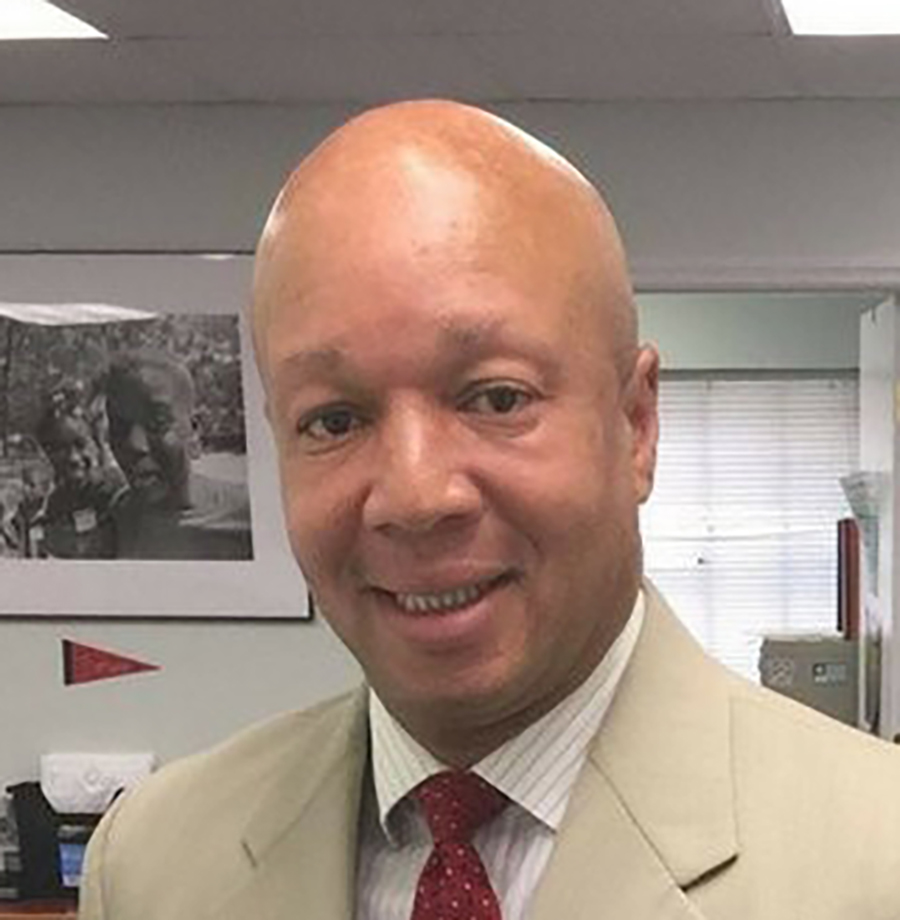


“We are the advocates and the buffers for the people in our community who aren’t given equal treatment by law enforcement officers,” says Davis. “Our commitment is to ensure that people of color are afforded the rights under the constitution as those in the privileged class.”
Human rights should be afforded to all human beings. Civil rights are supposed to be guaranteed under the constitution, however—Davis reminds—we are aware of the nuances of law. These rights are all too often granted to people with different skin color than ours. Before “Defund the Police” was ever a hashtag, DeLacy was a pioneer in community-oriented policing (COP).


The Sea of Galilee is rich in marine life, with lots of plants and fish. In fact, it is home to over thirty different types of fish. On the other hand, there is no life at all in the Dead Sea; no fish, vegetation, or sea creatures. Nothing lives in the Dead Sea, hence, the name.
The Sea of Galilee has an outlet; it gets to give. The Dead Sea has no outlet; it gets to keep.
“Freely you have received, freely give” (Matthew 10:8, NKJV). This Gospel passage reminds us to give as we have received much from the Lord. Our Lord has blessed us with the air we breathe, the food we eat, the good jobs we have, the true friendships we share, and much more. Above all, Jesus Christ gave up Himself on the cross for us. And He continues to bless us as He walks with us through difficult and perplexing times, particularly during this pandemic.
The Lord has given us so much. He blesses us in more ways that we cannot even imagine. We know that our Lord gives freely and unconditionally. As Christians following Christ faithfully, we have a strong calling, which is “to give as our Lord has given.”

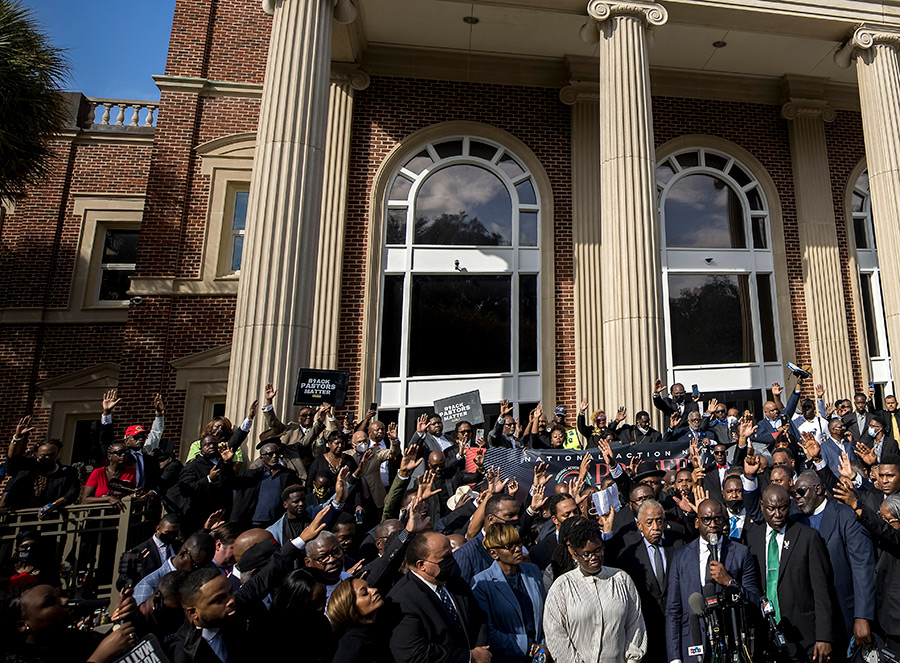


Arbery was gunned down by three white men in Brunswick while jogging in their neighborhood. He was unarmed and minding his business. This sounds familiar: unarmed, yet suffering death while performing everyday tasks while black. Also familiar were details of the case that seemed to forecast further inequities in the process and the outcome. For example, though Arbery was killed in February 2020, the video of his murder did not surface until May of that year. Also, though not uncommon, the jury was mostly white, with one African American.


e hear a lot about social justice these days. The topic is huge and there are myriad things that could be said about it. I am zeroing in on only one.
In the Old Testament book of Zechariah, Chapter 8:4-5, we find these words, “This is what the Lord of Heaven’s Armies says: Once again old men and women will walk Jerusalem’s streets with their canes and will sit together in the city squares. And the streets of the city will be filled with boys and girls at play” (NLT).
When I studied Zechariah in an inductive Bible class, my study leader quoted a man by the name of Speers whose words she found in her Expository Bible Commentary. This man said, “Too often men measure a city’s significance by its businesses, professions, industry, its buildings, its wealth, its art and culture. Zechariah suggests we measure the significance of our cities by their effect upon two groups easily overlooked—the old and the young.”
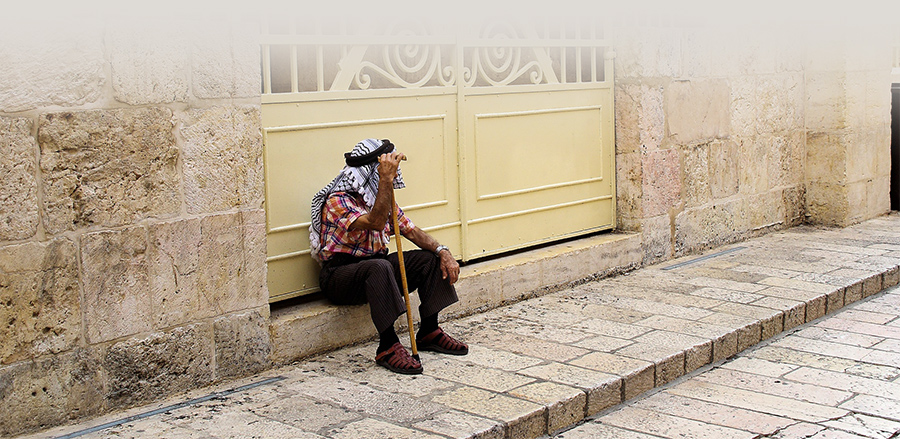

was so embarrassed! I had my action figure in the bag, went to pay for it, and didn’t have any money. I was eight, and was so excited to have the money to buy my exclusive G.I. Joe action figure!
To say that I was disappointed was the understatement of the year. The cashier was so sweet and kindly squeezed my hand, waiting patiently as I just stood there sputtering like an old muffler. The people in line behind me weren’t so kind. As I began to cry softly and turned around, I ran squarely into my father. He picked me up, placed me on the counter, pulled out his wallet and paid for the action figure.
I couldn’t believe that he paid for the entire thing! On the way home my dad noticed that I was so upset and told me that I didn’t need to pay him back—as I didn’t have any of my money. Confused, I turned my pants pockets inside out and realized that, to my horror, I had a hole in my pocket! There were other people in line with me, but no one else offered to pay. My father made the only payment that could have been made. He made the full payment that I had tried to do, but was unable to.



God’s plan to deal with oppression connects closely with the true Sabbath. Martin Luther King, Jr. acknowledged that “[m]orality cannot be legislated, but behavior can be regulated. Judicial decrees may not change the heart, but they can restrain the heartless.”



have never met my biological father. Growing up, however, I didn’t think that was strange. None of the neighborhood kids had their fathers active in their lives, and only one of the grandchildren on my mother’s side had an active father present. I had been to a wedding, but I had no personal point of reference for what marriage was.
The presence of alcohol was common. My first introduction to alcohol was not a result of yielding to peer pressure in the back of the schoolyard. It was given to me by my uncles and older cousins as sort of a rite of passage. My ability to manage the beer was the metric of manhood.
My mom, along with her sisters, would go out on the weekends, and as a result I would spend a lot of time with my grandmother. One weekend while out at the club, Mom met my stepdad, Larry. We don’t use the word, “step,” because in truth, he is my dad because he raised me. And although they met in a nightclub, the pairing was arranged in heaven. Once the relationship matured, they eventually found a place together and we began our journey as a family, though they were not married.



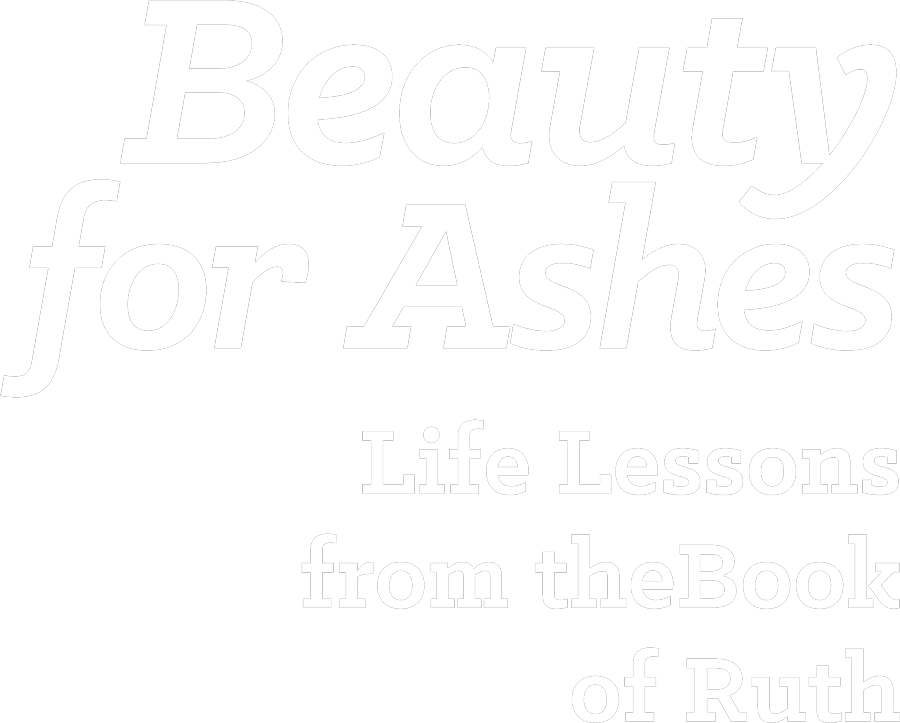


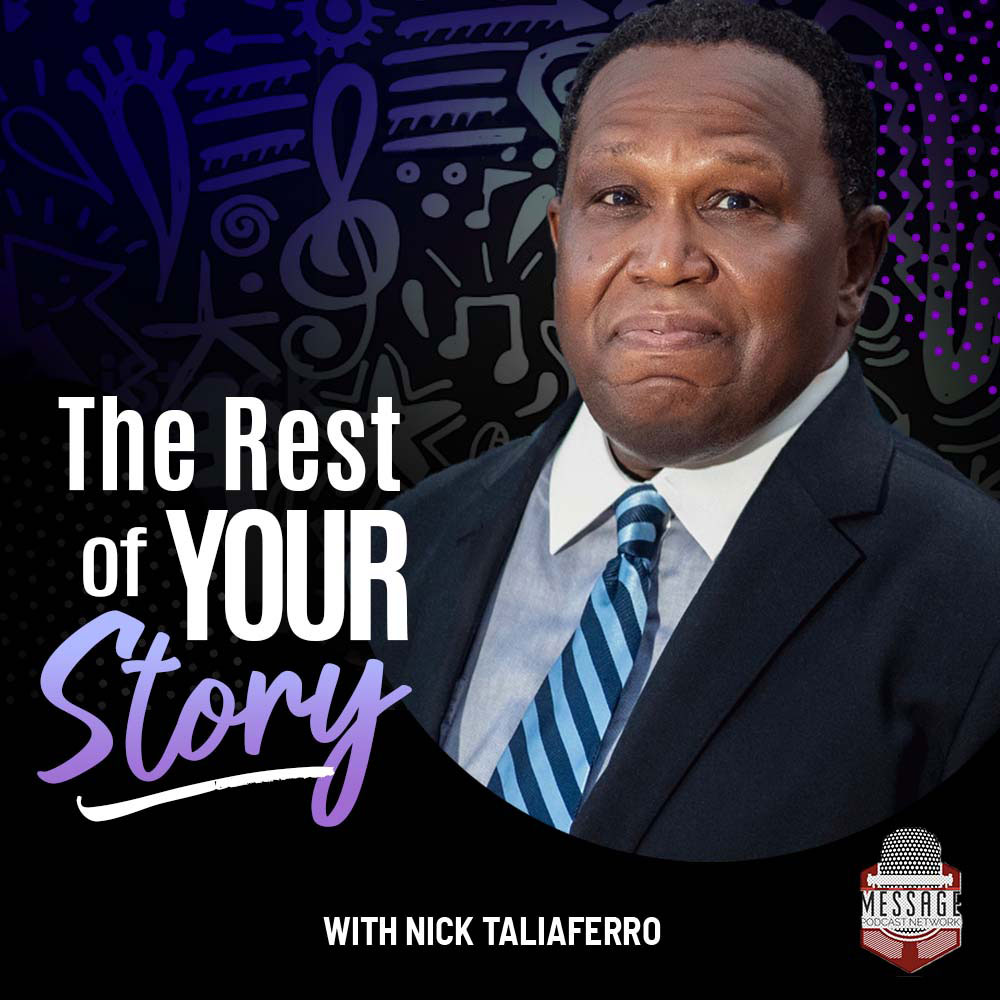


 Tune in to the
Tune in to the
Message Podcast Network

 Tune in to the
Tune in to the
Message Podcast Network

 What’s The Message?
What’s The Message?

 What’s The Message?
What’s The Message?
 Your Liberation Library,
Your Liberation Library,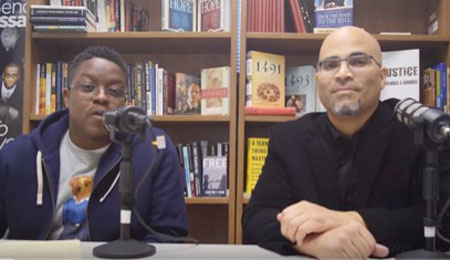
 Follow us on Twitter (message1898), and Instagram (message1898), and sign up for our weekly newsletter at messagemagazine.com so you can catch the inspiration.
Follow us on Twitter (message1898), and Instagram (message1898), and sign up for our weekly newsletter at messagemagazine.com so you can catch the inspiration.
The Art of Letting Go

“God made time for you.”
He didn’t need a seventh day for himself. He crafted it, shaped it, and tailored it for you. This is specially made for you and for me. And then God extends it to us. And what do we say to God?
“I don’t want that stupid thing; I don’t have time for it. I didn’t ask for it. Plus, it doesn’t fit in my schedule—it doesn’t work with what I do. Just put it . . .”
It seems we have a lot of reasons why we don’t have time for the time that God made for us. I’ve always wondered about that commandment where God says, “Remember the Sabbath day.” Who needs to remember to take a break? Why do we have to be told that we need to rest? Why is it so hard to accept the gift of Sabbath?
“Now, really, who doesn’t want a day off of work?” [asks] Reverend Kathy Zappa of St Philip’s Cathedral in Atlanta, Georgia, talking about why Sabbath keeping is so difficult of an idea today.
“Why is it so hard for us to accept the Sabbath gift of rest and freedom?”
That’s a great question, followed by some even better answers.
“Well, there’s fear that plays a pretty big part, fear of that emptiness that Frankel talks about. There’s also fear of missing out, or falling behind, or losing your competitive edge. There’s fear of what you might hear or feel if you slow down long enough to pay attention. And there’s fear.”
“Fear of what you may find or not find beneath all of those activities, and all of those masks that you wear.”
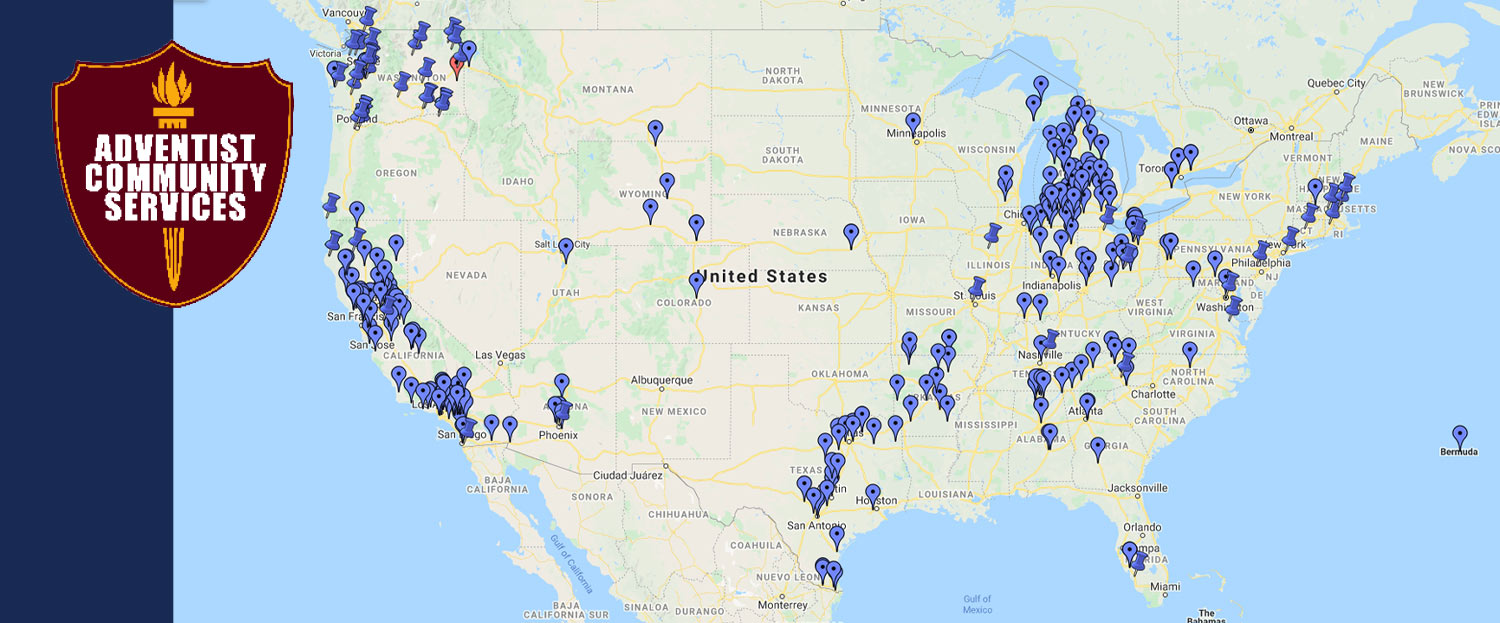
Atlanta, GA 30318
P.O. Box 519
Ashton, MD 20861-0519
Baltimore, MD 21217-3803
Windsor Mill, MD 21244-2042
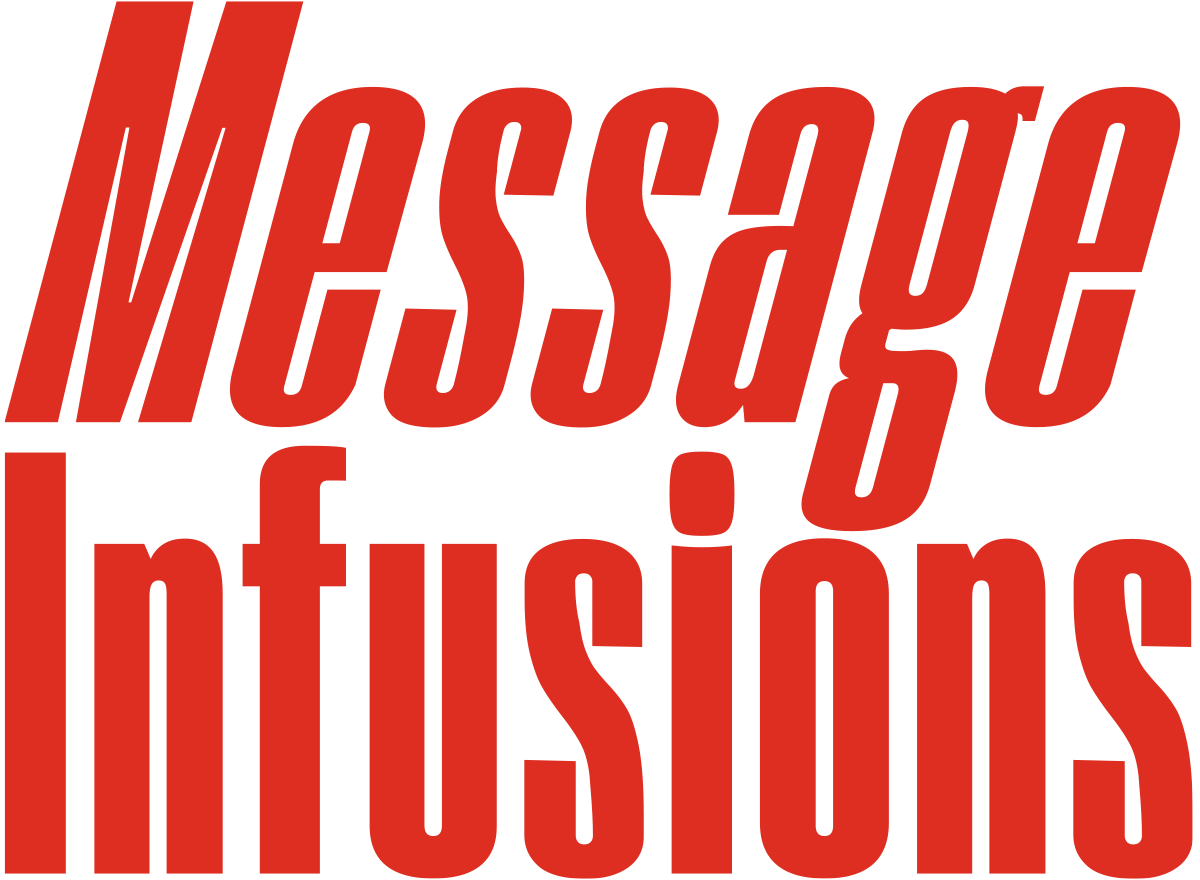
—CLAVAL HUNTER, Indianapolis, Indiana
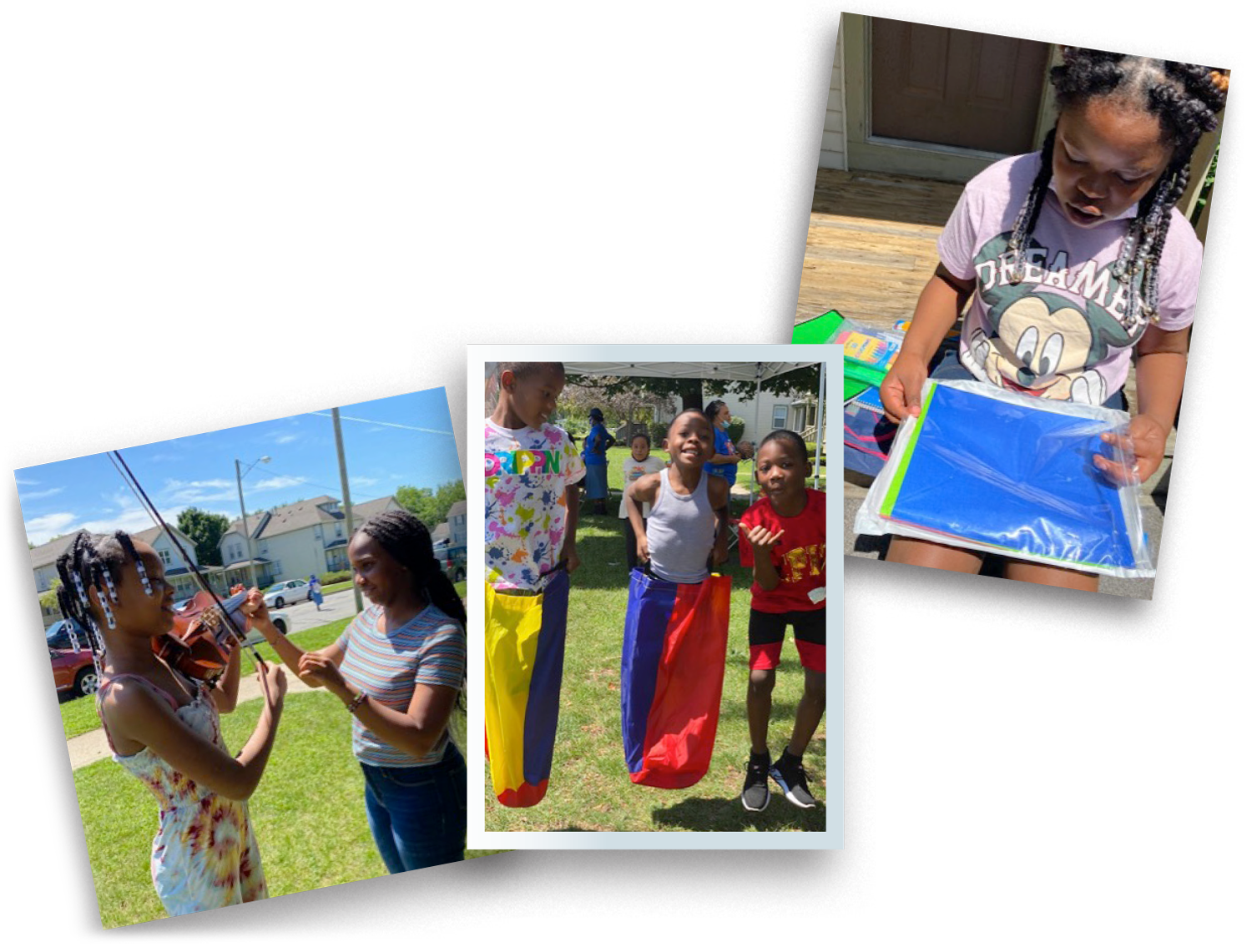

In response, the Shiloh Cares Community Outreach and Grief Ministry team of Shiloh SDA Church in Smyrna, Georgia established a memorial garden on the church grounds as a lasting tribute to those who lost family members.
God believes in memorials. The Bible includes several accounts of memorials that God set up because of specific times or situations. Glenn Wallace, a church elder, officiated the installation service and noted how God instructed Joshua to have one man from each of the tribes of Israel take a stone from the Jordan River. They set the stones up at Gilgal as a lasting memorial to remind future generations of the time when the Lord stopped the flowing of the Jordan. Likewise, the Shiloh Memorial Garden reminds the Smyrna community of the church’s care, concern and presence.










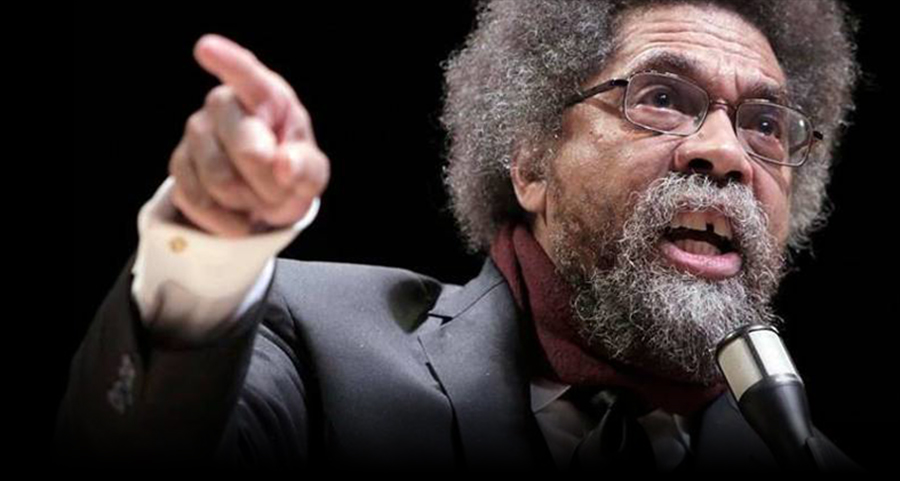
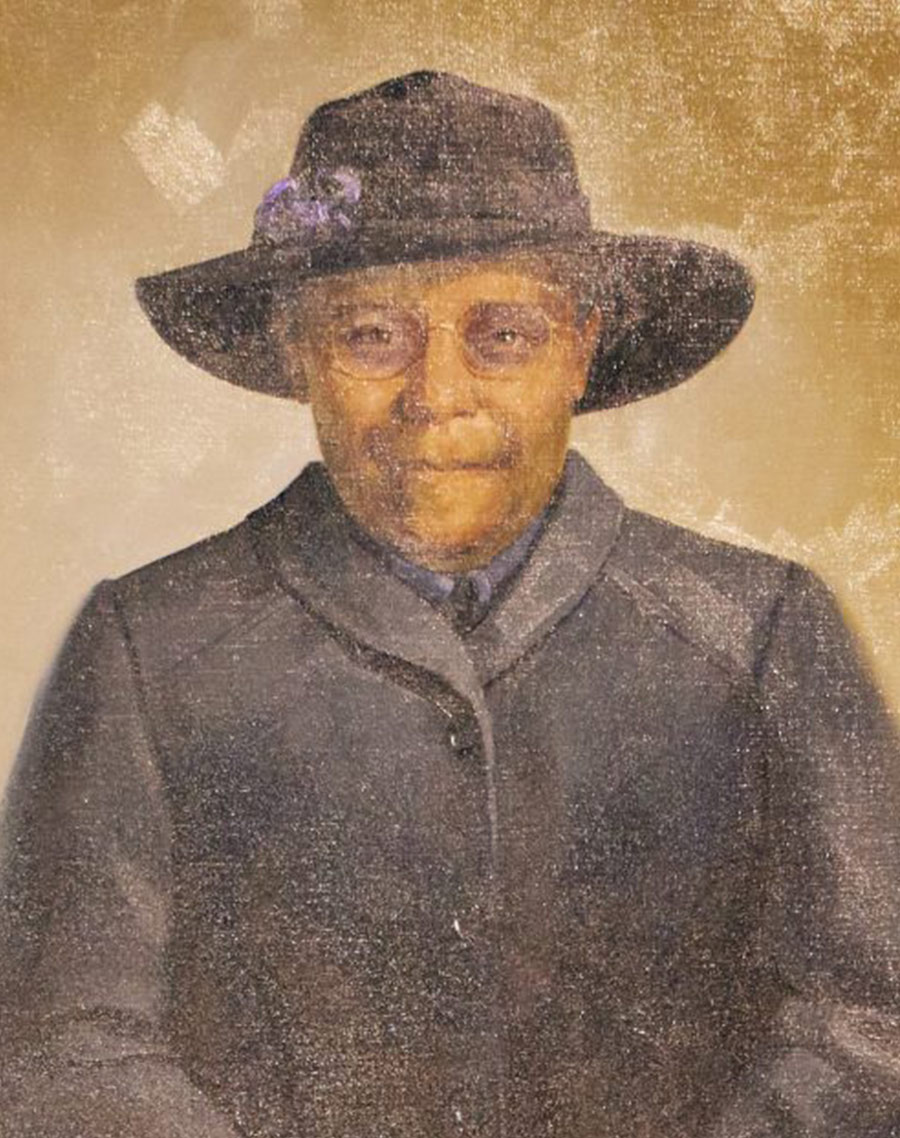

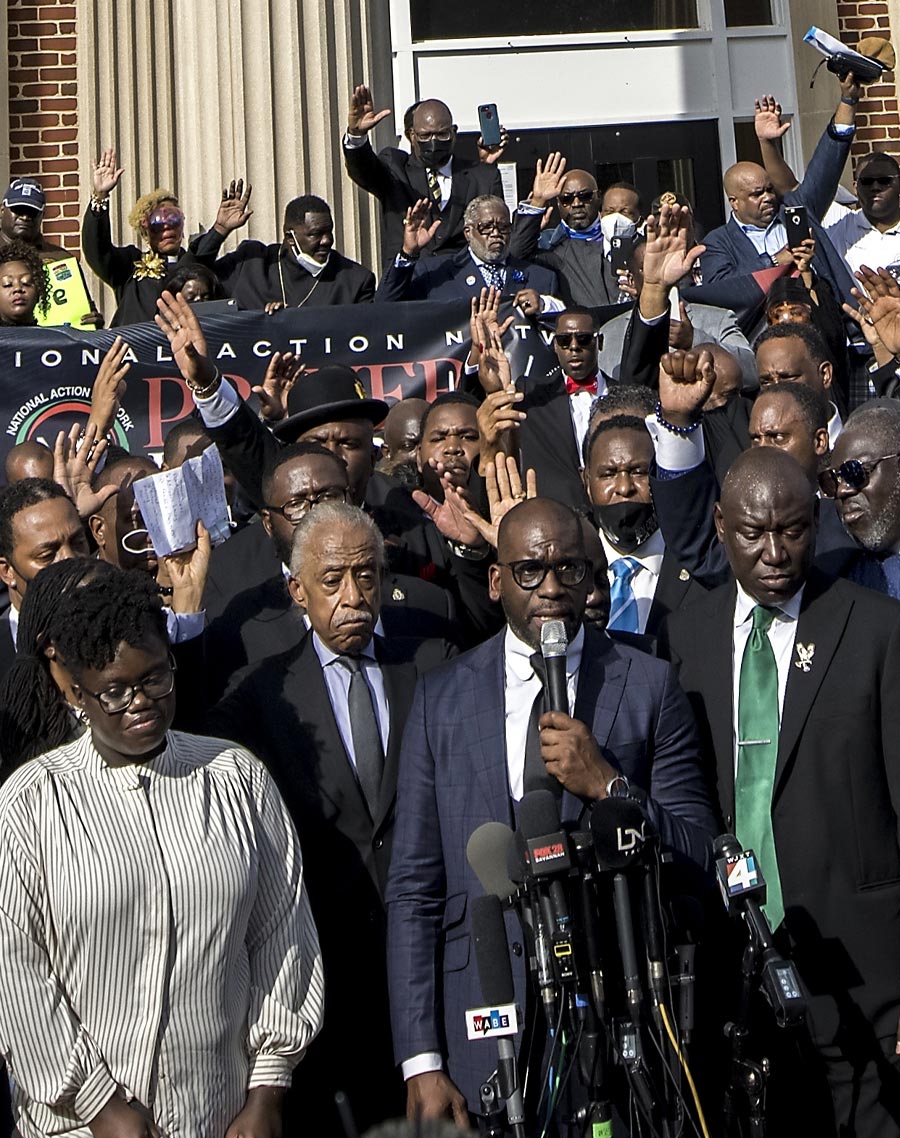
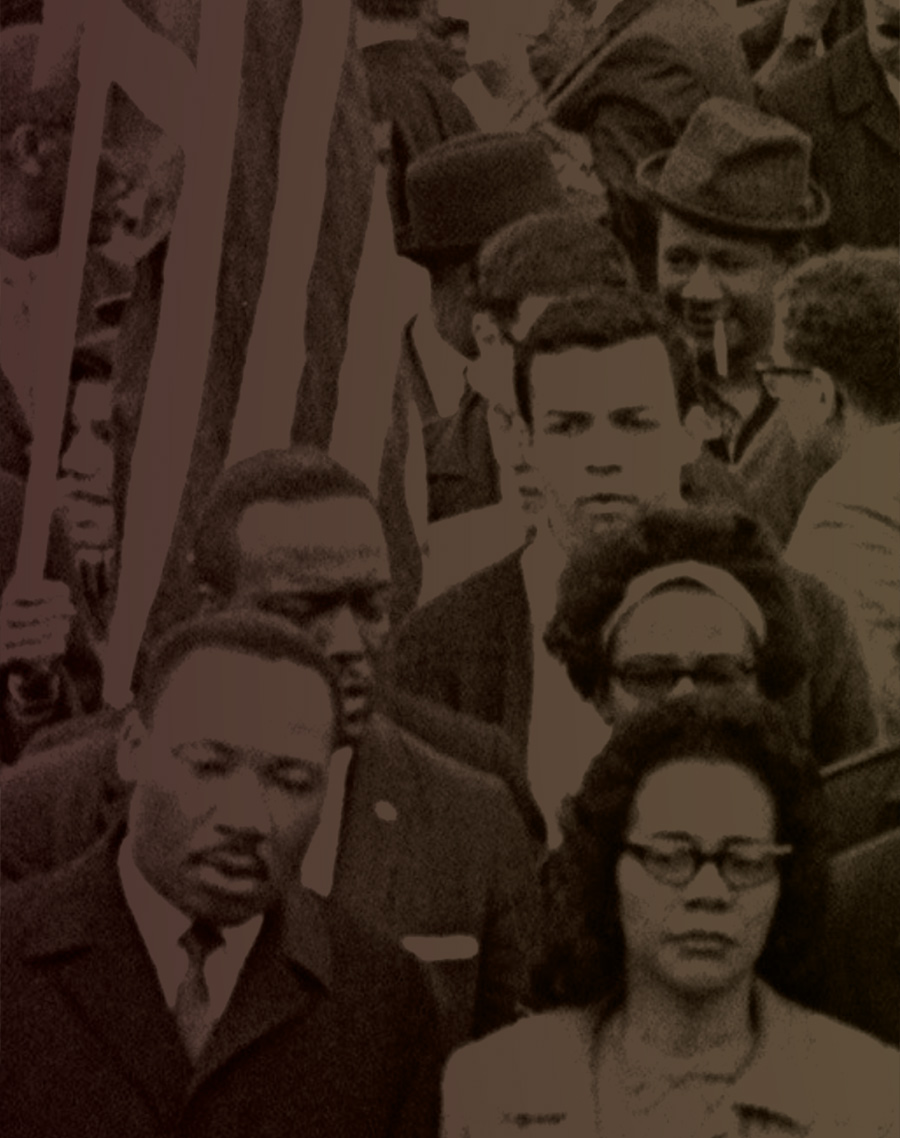

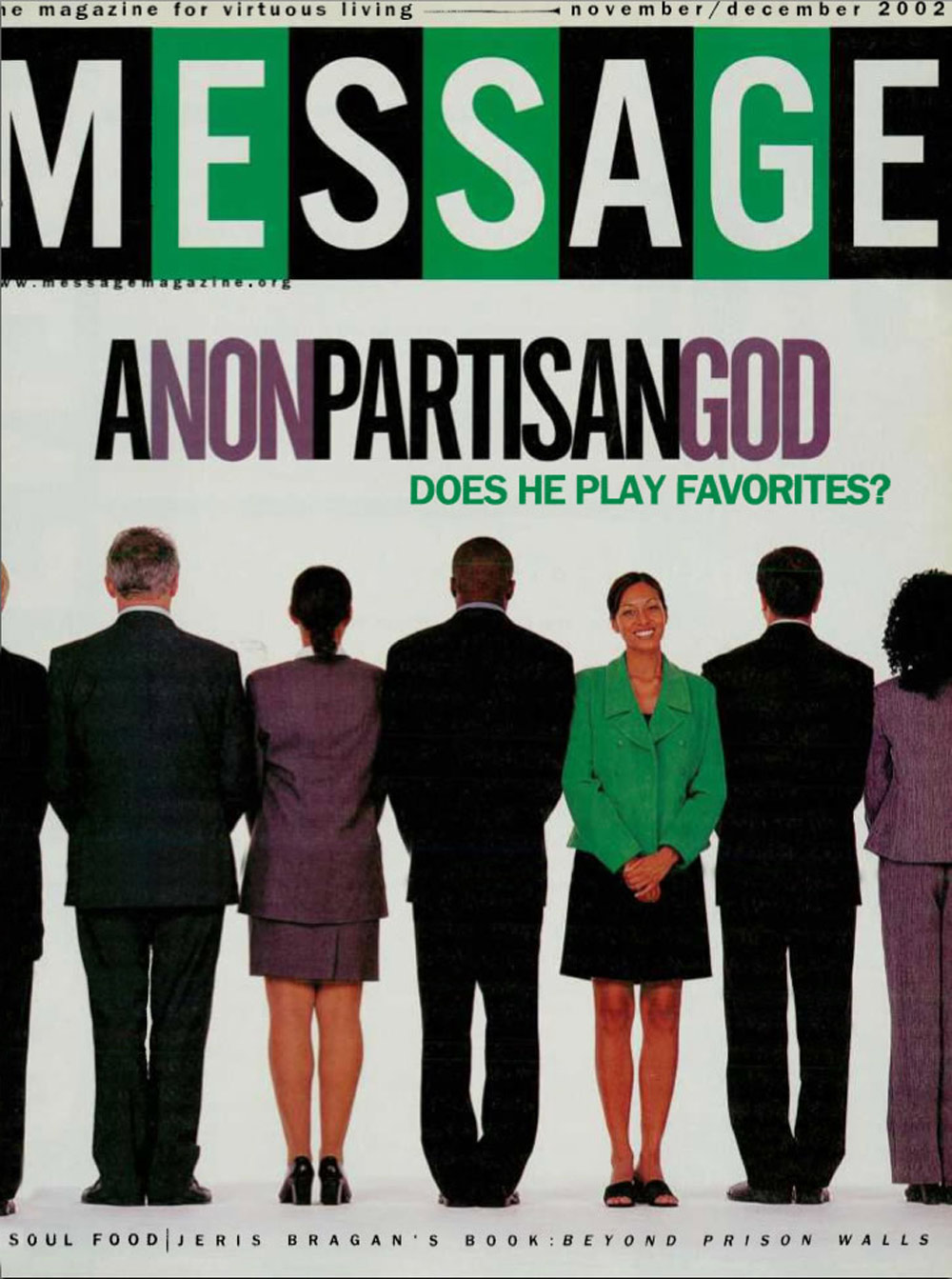
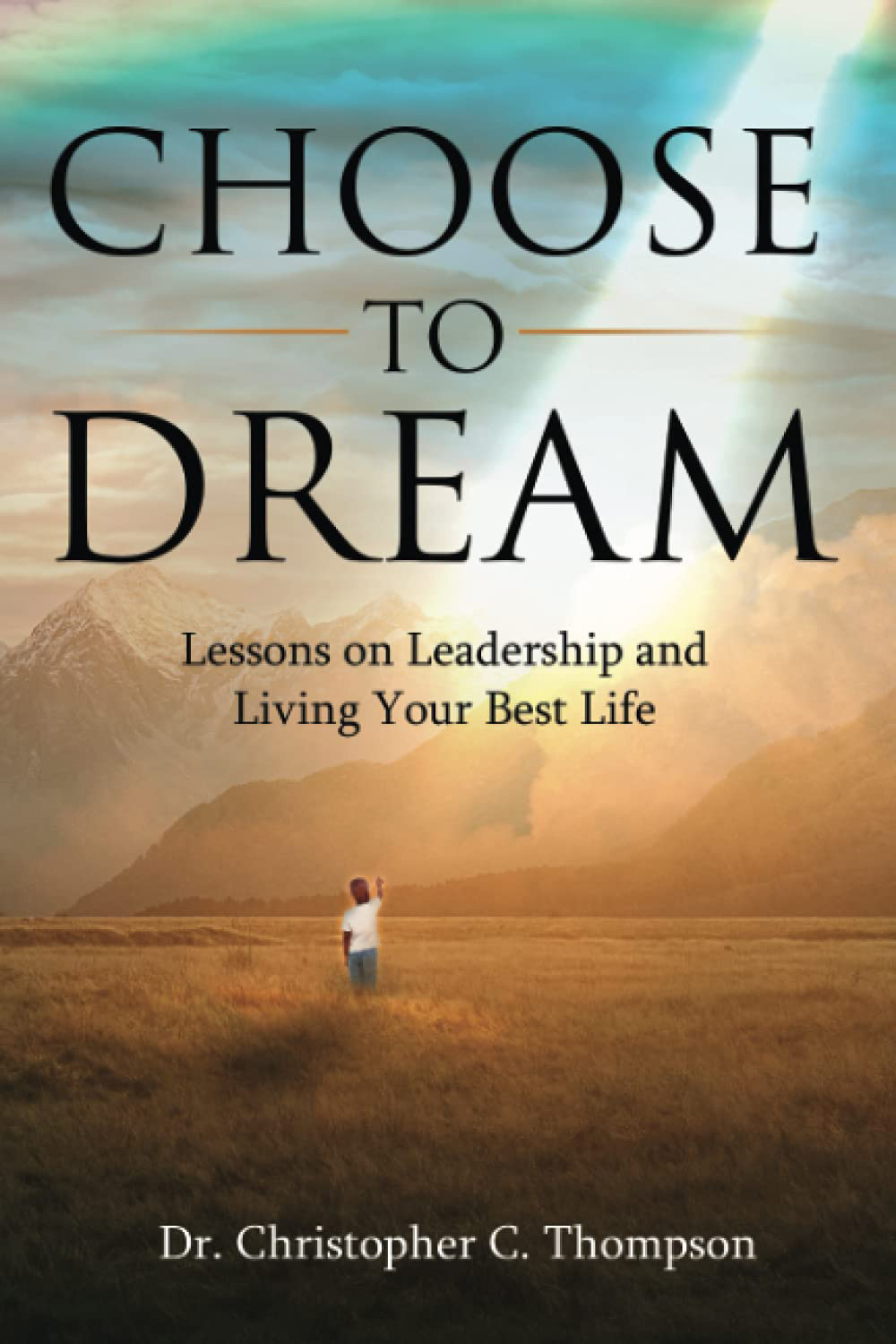

 YouTube
YouTube 